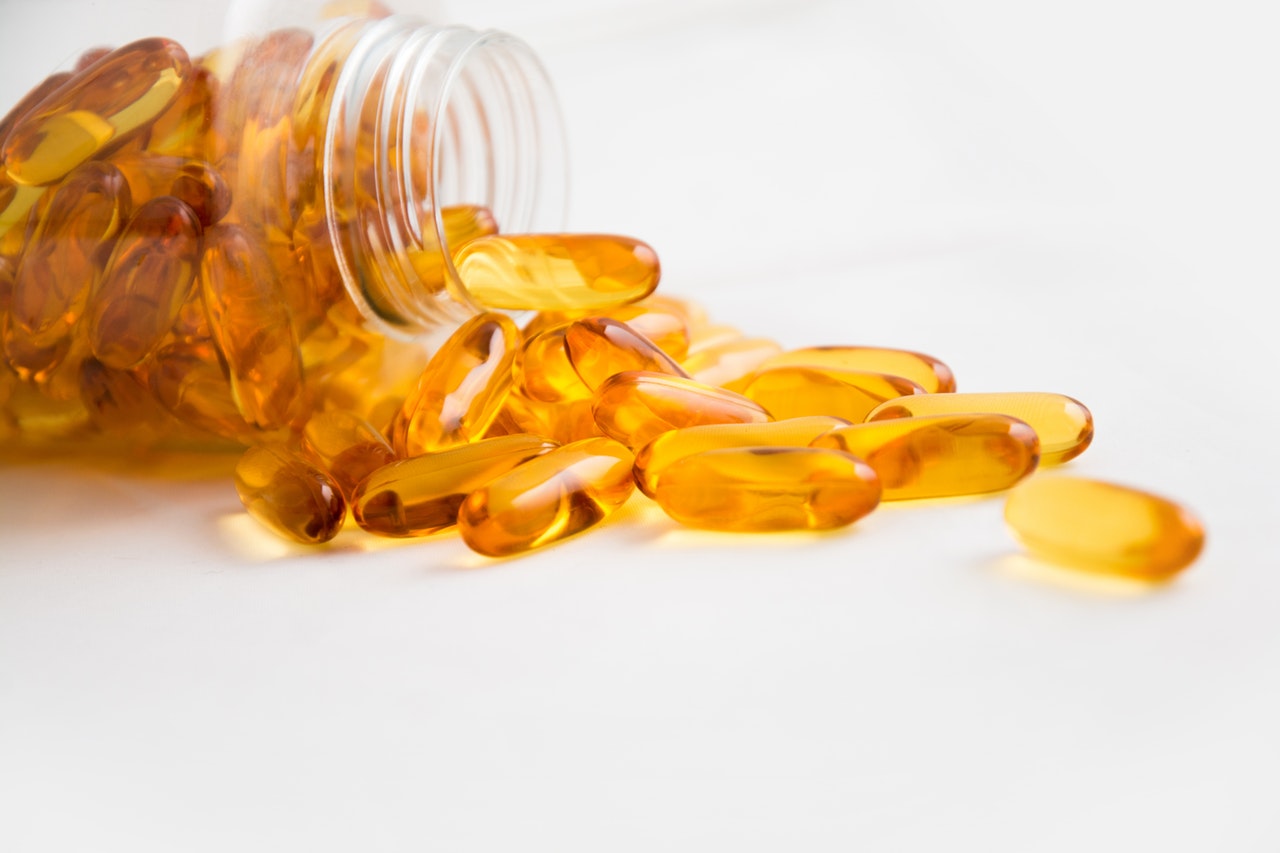Top 8 Supplements for Women Over 40

It’s difficult to ensure that you are eating adequate amounts of the vitamins and minerals you need daily. As you age, it gets even more difficult as these amounts change and typically increase as the body simply needs more to function properly.
For women over 40, it is especially important as the body is going through many changes and you’ve still got many, many years of life to come. Supplementation is an easy way to make sure that you fill in the gaps where you’re lacking in your diet to secure a long, healthy, and active life.

Be sure to consult with your physician before adding any supplements to your diet.
1. ProbioticsProbiotics are essential for optimal gut health. Added benefits include lowered risk of diabetes, stroke, and heart disease. The healthier the gut is, the more likely you will be able to maintain a healthier body weight. Probiotics are live cultures, so the best way to ensure you’re getting them in your diet is via supplementation.
2. CalciumCalcium is essential for strong bones and prevention of osteoporosis. For women, in particular, the risk of osteoporosis increases with age. Calcium also aids in muscular contractions and functioning of the heart and nerves.
It is thought that most who eat a well-balanced diet get the calcium that they need daily, but for those who don’t, calcium supplements are there to make up for what is missing. 1,000 milligrams per day is the recommendation for women over 40, and 1,200 milligrams per day for women over 50. Dairy products are a great source of calcium. For those who cannot or do not eat dairy products, broccoli and almonds are a great calcium source.
3. IronIron is necessary for the proper and healthy functioning of the body. For women, iron is extremely important because there are functions such as menstruation and pregnancy that require the ingestion of increased amounts as more iron is lost during those times. Vegetarians in particular and women with heavier menstrual cycles should consider iron supplementation.
Daily intake requirements are 8 milligrams per day for postmenopausal women and 18 milligrams for those who are not. Lean red meat and dark green vegetables are commonly thought of us as some of the best food sources of iron.
4. Vitamin DVitamin D promotes bone health by aiding in the absorption of calcium in the body. Additionally, it’s important for proper heart, nerve, and muscle function. The daily recommendation for women over 40 years old is 600 international units or 15 micrograms per day. Sunlight, eggs, and sardines are a couple of examples of sources of vitamin D.
5. Omega-3sOmega-3s are important for optimal cognitive function, improved memory, decreased the risk of heart disease, lowered blood pressure, and lower cholesterol. Some fish and nuts are decent sources of Omega-3s, but supplementation is an easy way to ensure you’re getting adequate amounts daily. 500 milligrams per day is the recommended amount for healthy individuals.
6. MagnesiumMagnesium is important for the regulation of blood pressure. Women over 40 are at an increased risk of high blood pressure, simply due to aging. The recommended amount of magnesium per day for women over 40 is a minimum of 320 milligrams. Nuts, seeds, and dark, leafy greens are good food sources of magnesium.
7. Glucosamine and chondroitin sulfateGlucosamine and chondroitin are important for healthy cartilage and joints. This pair helps to keep your joints feeling pain-free and moveable. For individuals who have connective tissue diseases, arthritis or pre-arthritic joints, these supplements may be most beneficial. Oral supplementation is the safest and easiest option for adding this pair to your daily routine.
8. Vitamin B12Vitamin B12 is important for many functions in the body, such as hormone balance, metabolic function, DNA synthesis, and the regulation of adrenal fatigue. It is important for women of all ages. Vitamin B12 isn’t produced by the body and is considered a micronutrient as it is needed in small amounts. The recommendation for daily consumption is 2.4 micrograms. It can only be found in fortified plant sources and animal proteins. Vegetarians, in particular, are typically low in B12.
Image credit: Pexels
Sources:
- https://www.prevention.com/health/vitamins-you-need-after-age-40/slide/7
- http://healthyeating.sfgate.com/much-iron-supplement-should-women-take-6366.html
- https://www.livestrong.com/article/502988-how-much-vitamin-d-should-women-over-40-years-old-take/
- http://www.arthritis.org/living-with-arthritis/treatments/natural/supplements-herbs/glucosamine-chondroitin-osteoarthritis.php
ActiveMan — Make Your Move
The Modern Guide to Men’s Health, Fitness & Lifestyle.





